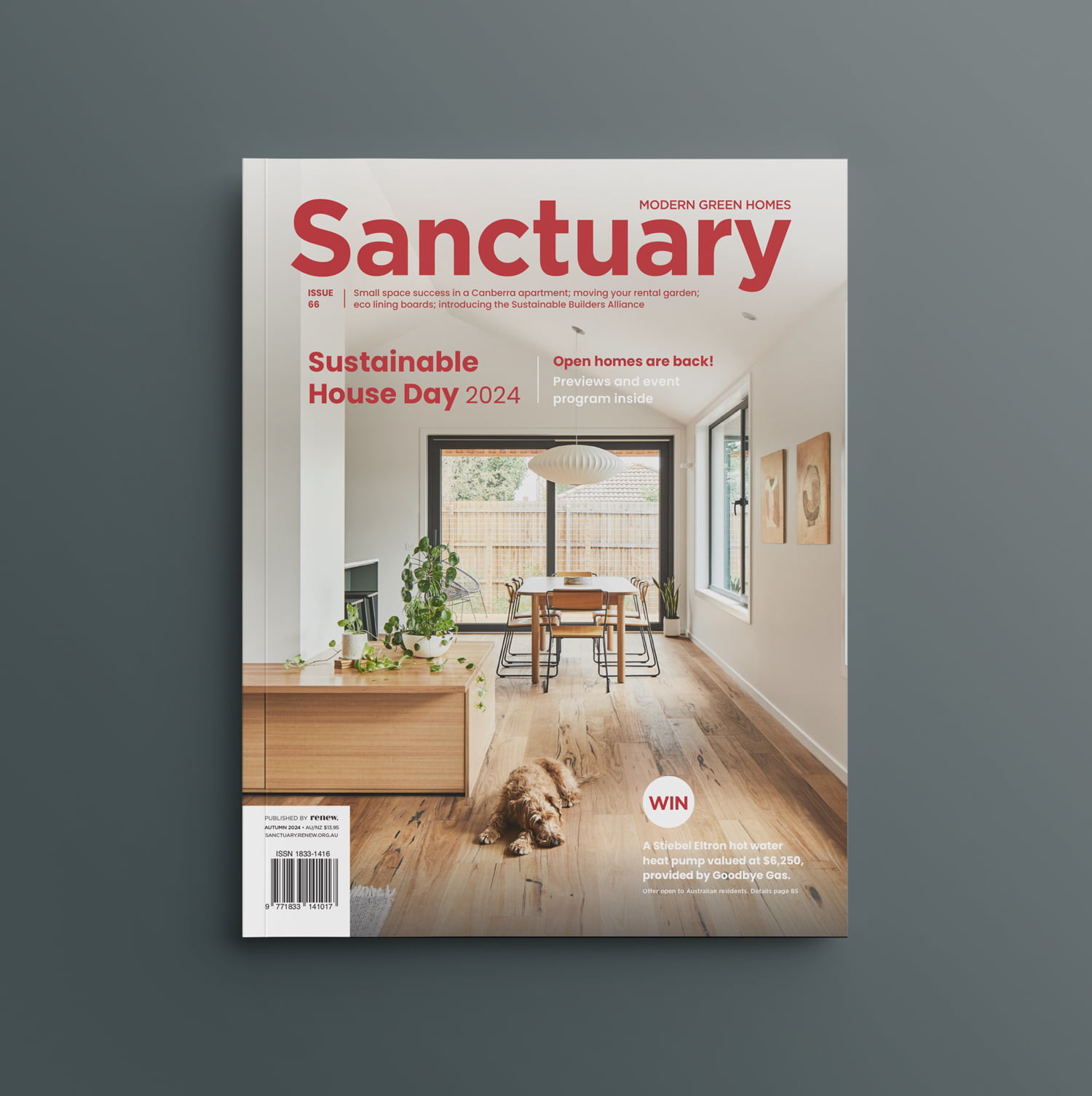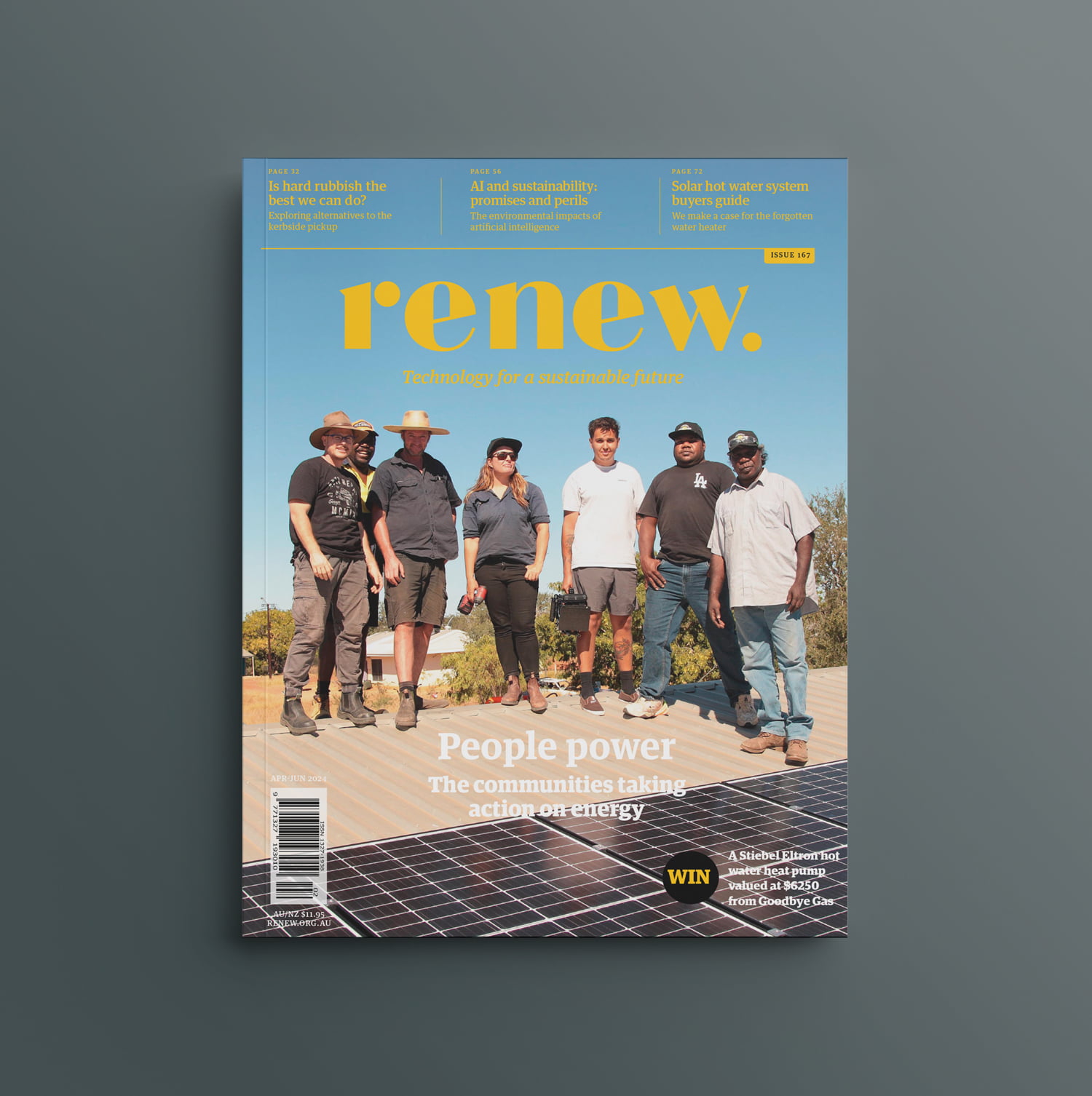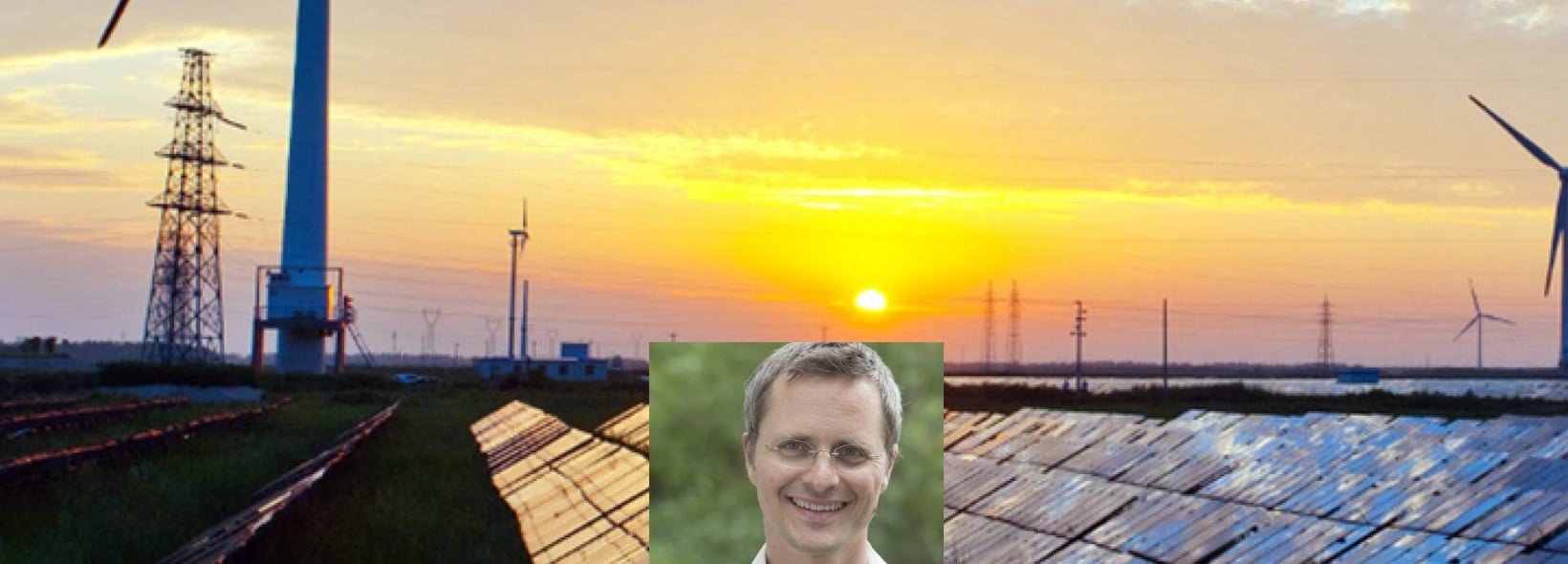When: Wednesday 16 October 2019, 6.45 for 7:00pm.
Where: Level 1, 187 Grattan St, Energy Transition Hub (Bioinformatics building), Melbourne University, Carlton VIC 3053. Click here for a Google map of the venue and here for a Melbourne University Parkville Campus map to the venue. Please note: this meeting space is upstairs, so it isn’t wheelchair accessible.
Public transport: Trams along Swanston St to ‘Melbourne University/Swanston St’ Stop #1 (Routes 1, 3/3a, 5, 6, 16, 64, 67, 72) or Bus 402 to Stop#51572 ‘Melbourne University/Grattan St (Carlton)’. Walk to corner of Grattan St and Bouviere St.
Cost: Free. (A gold coin donation would be appreciated to offset costs.)
Presentation:
Australia currently is a major exporter of coal and LNG. But what if we exported renewable energy instead? This future is possible either through direct electricity exports via HVDC lines, via hydrogen (in the form of ammonia, liquid organic hydrogen carriers, etc.) or in the form of energy-intensive goods. If Australia would grasp this opportunity and its pole position as the continent that is blessed with renewable energy, we could not only follow other countries in pursuing the long-term goals of the Paris Agreement but also build a major export industry to position ourselves as an energy superpower in the zero-emissions world. Over the last 2 years, the Energy Transition Hub (energy-transition-hub.org) pursued a research collaboration between Germany and Australia to investigate these possibilities with various energy system and electricity models. This talk will give an overview of the results from the Hub’s scenario work, lead by researchers Dr. Falko Ueckerdt, Dylan McConnell, Changlong Wang, and many others.
Speaker:
* We recognise and appreciate the assistance of the University of Melbourne Energy Transition Hub in providing the venue for this event.
You can view Malte’s presentation on our Youtube channel here.
Regards,
Chris Moss, Renew Melbourne branch committee.
If you would like to email us then please select ‘Contact us’ from our Branch page here.


